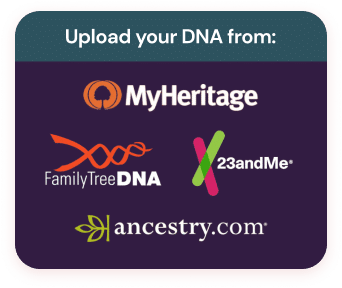Between 3500 B.C. and 3000 B.C., the Indo-European culture, located between Europe and Asia, had as its backbone its technology the wheel, metalworking and agriculture and livestock farming.
This population had its own language, culture and religionfrom which a large number of ethnic groups and languages emerged in both Europe and Asia.
However, the language spoken by the Basques (Euskera) is of pre-Indo-European origin and of different provenance. This is a group of languages of which only a few have survived to the present day. Some of those that disappeared were Iberian, Tartessian or Etruscan. Curiously, Euskera shares certain typological similarities with the Caucasian languages, although several authors point out that this may be due to chance.

The debate on the origin of the Basque ethnic group is very controversial. Some experts believe that they evolved from the Cro-Magnons, when they sought refuge from a period of glaciation and settled in the western Pyrenees.
What is certain is that Roman historians, such as Pliny, attest to the presence of the Vascones in the north of the Iberian Peninsula and the Aquitans in southwestern France. These two populations shared similarities in terms of culture and genetic ancestry. At present, the Basque ethnic group is present in what today would be the communities of Navarre and the Basque Country. (Spain) and the French Basque Country (France).
Do you want to know if your DNA has a Basque component? Are you curious to know more about other ethnicities? Find out with the dna origin test of ADNTRO or by upload your RAW DNA data for free. It will not leave you indifferent.














